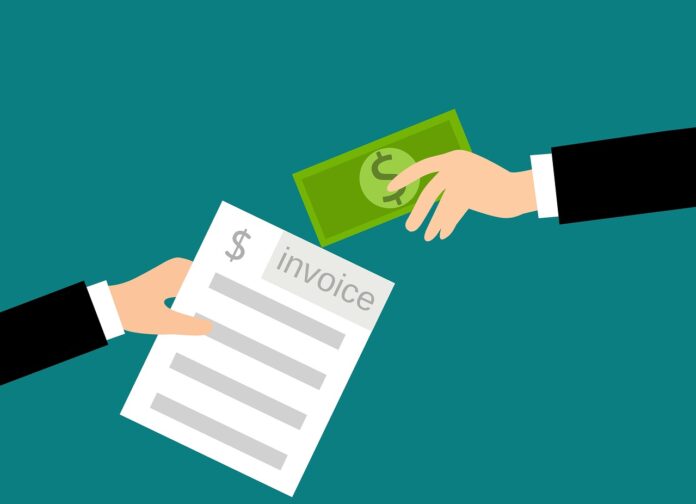One of the top responsibilities of any business owner is controlling costs. Even if your company is now bringing in a large amount of revenue, if you don’t know how to control expenditures, you may find yourself in a worse position than when you first started.
The term cost describes any expense a business has when selling its products or rendering its services. Simply put, it is the amount of money that businesses spend on buying and selling goods. Variable and fixed costs are the two main types of costs that you have when manufacturing your products. And today, we’ll explore them in detail.
What Is A Fixed Cost?
Fixed costs are expenses that have been predetermined and will not change depending on how your firm is doing for a given period of time. Simply put, they are independent of your business activity.
The advantage is they are easier to budget since they remain constant throughout the fiscal year. However, on the downside, you’ll still have to pay these costs even if you don’t incur any activity or shut down temporarily. Due to these, most companies tend to keep fixed costs down.
Here are some examples of fixed costs.
- Municipal business taxes
- Rental payments each month
- Electricity and gas for the office
- Employee salaries, National Insurance contributions, and pension contributions
- Vehicle upkeep and leasing
- Marketing and advertising
- Costs for internet, water, and phone service
- Depreciation expenses
Depreciation expense might be one of the most significant costs for a company. If you are not sure how to depreciate equipment, feel free to visit FinImpact to learn the process step by step.
What Is A Variable Cost?
Variable costs are costs that you have based on the volume of products or services that you produce. These costs fluctuate with your company’s output volume. So, the variable costs rise together with the growth in production volume and decrease with the volume.
Variable costs can be difficult to control since they fluctuate from month to month, rise or fall fast, and have a greater influence on profitability than fixed costs. However, their main advantage is that they are liked to production and sales. So, say you shut down temporarily; your operation will not incur any variable costs, and you’ll only pay the fixed ones.
Here are some examples of variable costs.
- Cost of produced or sold items
- Paying employees on a piecemeal or time basis
- Raw materials utilized in the manufacture
- Transportation and delivery
- Travelling, amusement, and accommodation
- Incentives and commissions on sales
How to Use These Differences to Your Advantage?
Knowing the difference between fixed and variable costs is crucial for determining the ideal pricing level for your goods and services. Your entire business strategy can improve by being aware of how costs may fluctuate when volume and output levels of production change.
Here is how you can use the knowledge to your advantage.
#1: Economies of Scale
By establishing economies of scale, you may significantly reduce variable costs and distribute fixed costs over a greater number of goods or services, which results in huge cost advantages.
#2: Operating Leverage
Operating leverage measures how much you can increase operating income by boosting sales. A company with significant operating leverage creates revenues with a high gross margin and lower variable expenses. The profit may be increased with higher operating leverage.
#3: Break-Even Analysis
You need a break-even analysis to determine when you will be able to pay all the costs and start making a profit. For instance, you may use this analysis to calculate how many goods you need to sell in order to cover your production costs.
While the rent for the production facility might be considered a fixed cost in this analysis, variable expenses utilized in it can include raw materials or inventories used in production. So, knowing the differences and properly classifying fixed vs. variable costs is a prerequisite for you to perform the break-even analysis.
The Bottom Line
From an accounting standpoint, fixed and variable costs will affect your financial statements. For example, it is impossible to determine cash flow or pretax income without considering these costs. Identifying fixed and variable costs as a part of your total business expenses is essential for creating long-term financial strategies.
Review your balance sheets, income statements, and other financial records often to make the needed adjustments for the best interest of your company.


